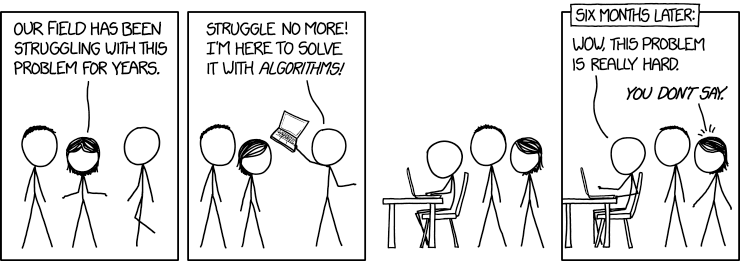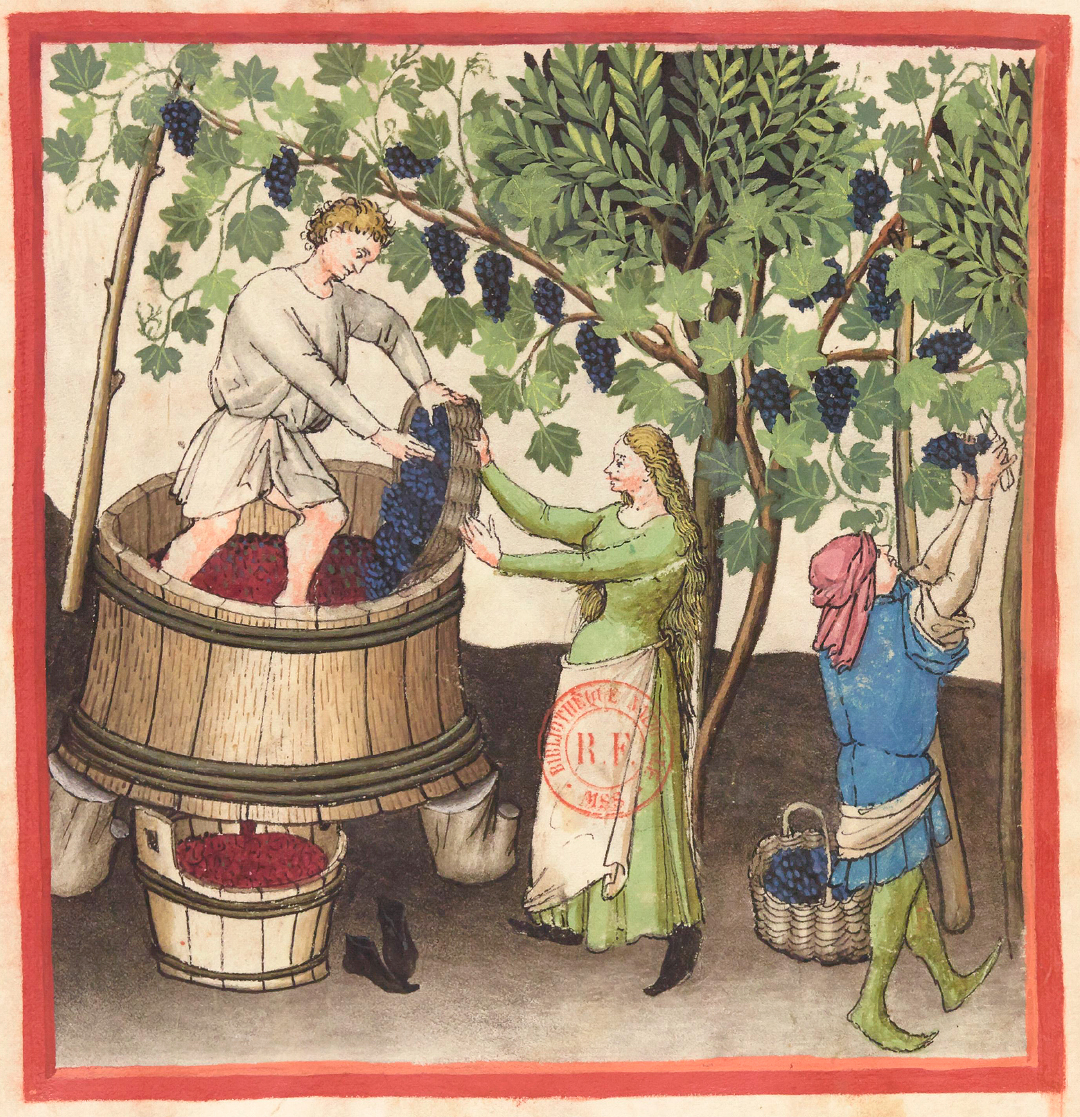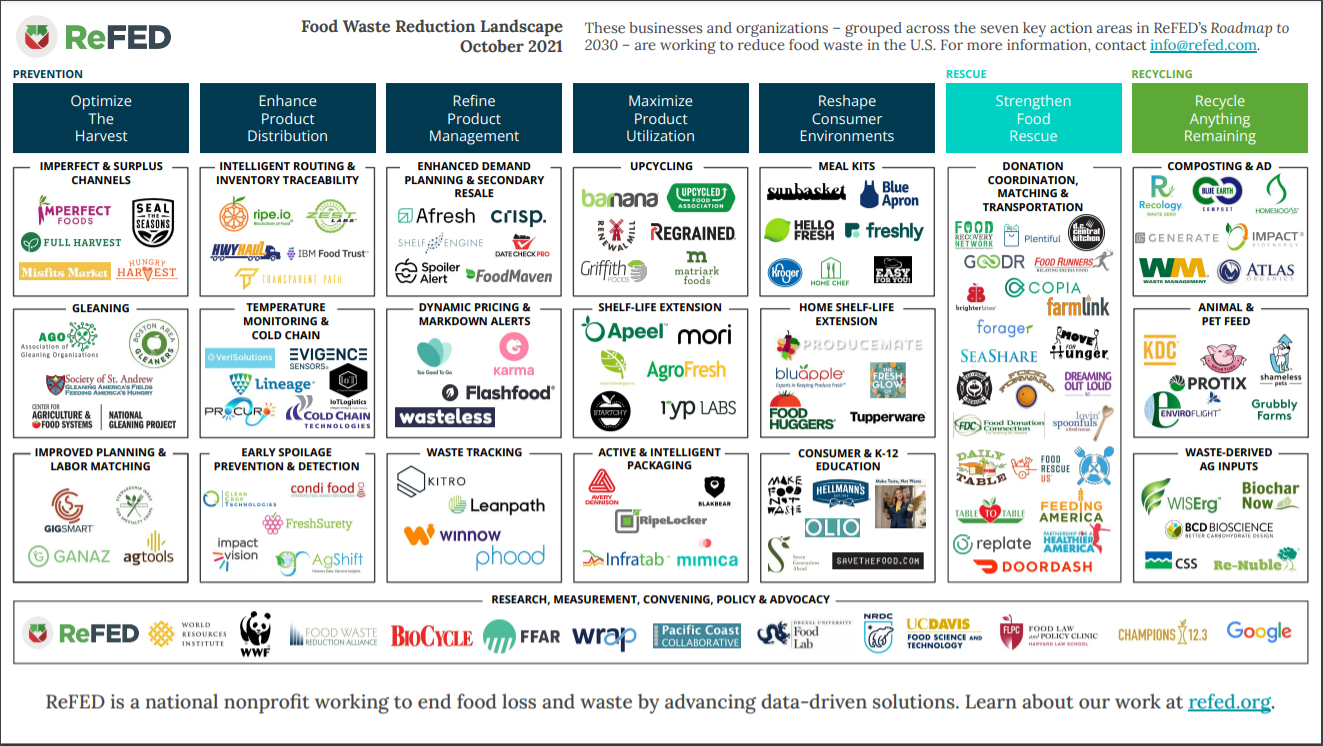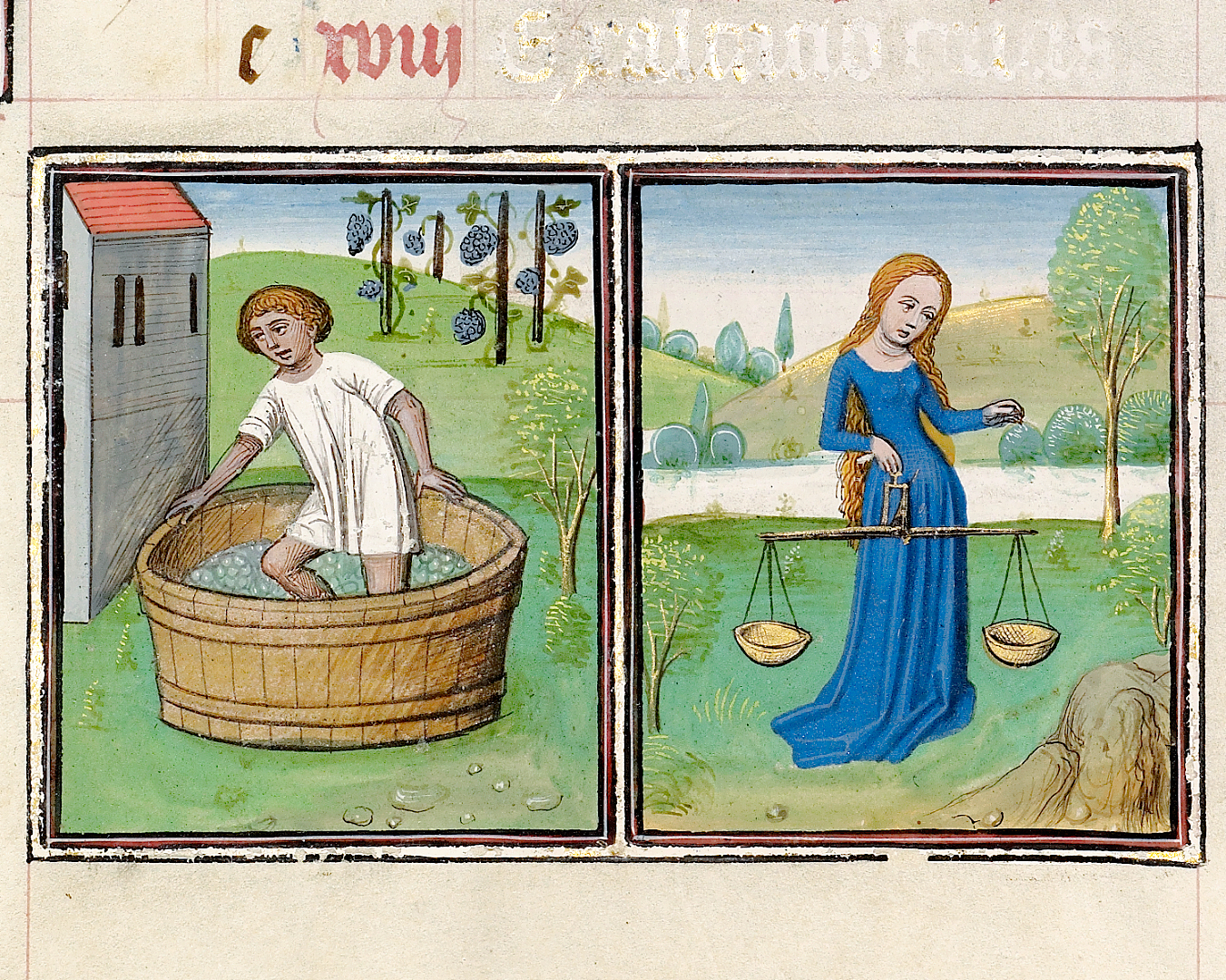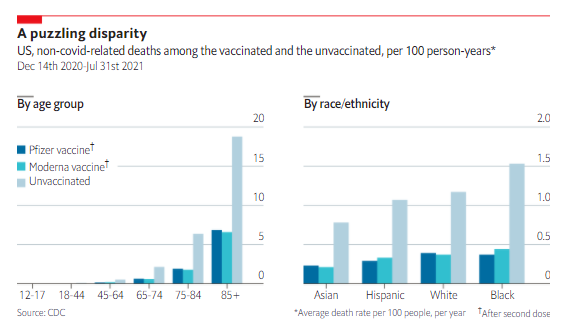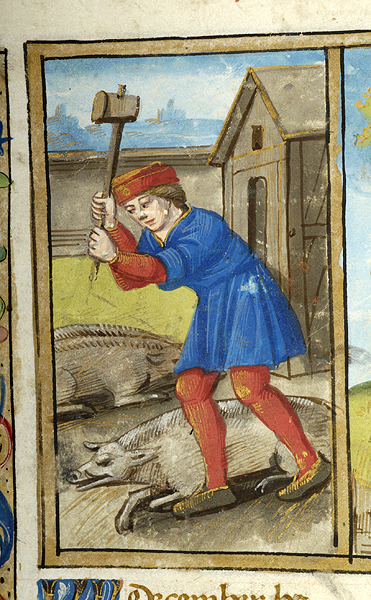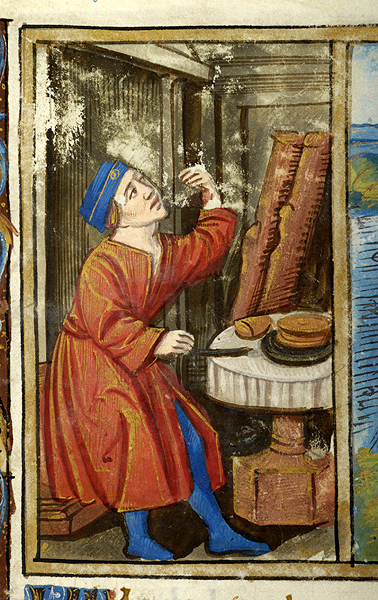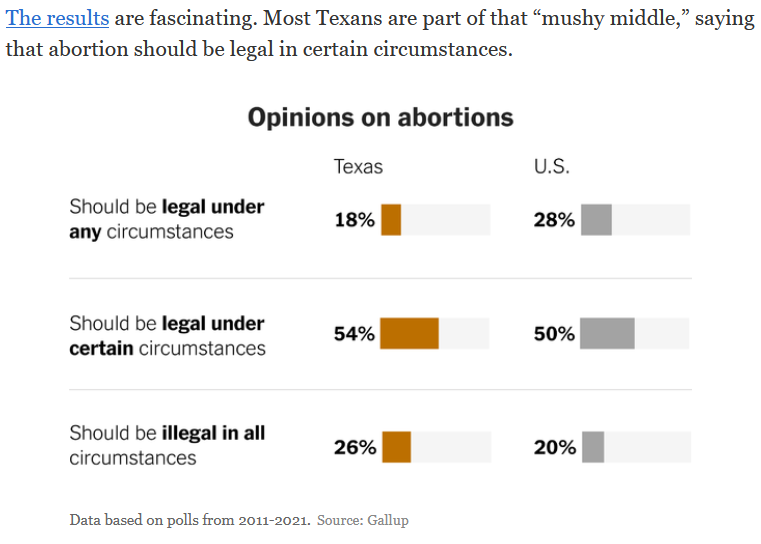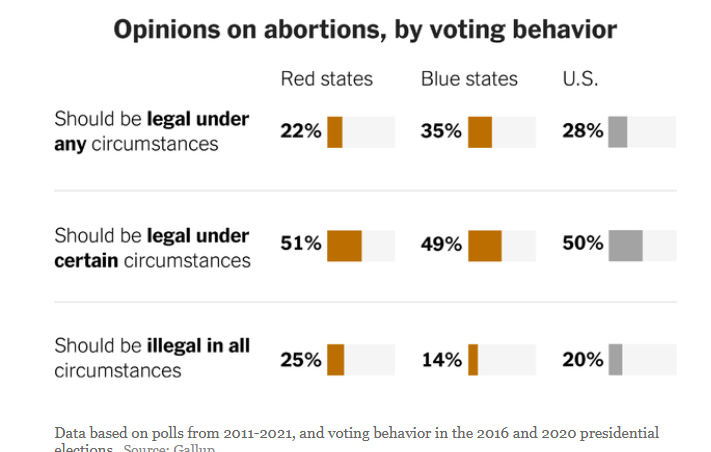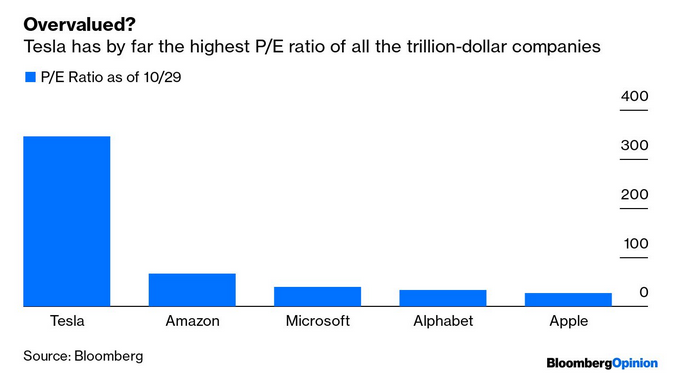|
You
can also view the message online
|
|||||||||||
 Châtenay-Malabry (FR - 92290), November 08, 2021 EFITA newsletter / 1012 - European Federation for Information Technology in Agriculture, Food and the Environment Do not miss the Virus Jokes in English and French The informatique-agricole.org site now offers you the possibility of subscribing the RSS feeds of its two newsletters See RSS feeds to implement to ensure that you continue to receive this newsletter To unsubscribe this newsletter, please contact me directely: guy.waksman(a)laposte.net if this link Unsubscribe does not work. Please note that I changed the presentation of the links that are embedded in the name of the web service. 
To correspond with me (GW), please use this address: guy.waksman(a)laposte.net To subscribe the efita newsletter (please ask your friends and colleagues to test this link) Efita Newsletters subscription Before computers... Computer scientists will never be modest enough / Les informaticiens ne seront jamais assez modestes Weekly newsletters about ICT in Agriculture in English and French Both newsletters have around 14000 subscribers. >>> Last weekly EFITA Newsletters in English (created in 1999) Efita Newsletters >>> Last weekly AFIA Newsletters in French (created more than 20 years ago in 1997) Afia Newsletters >>> Statistics for the last efita newsletter >>> Last issue of the afia newsletter >>> Last available satistics for the afia newsletter Nothing is more responsible for the good old days than a bad memory: Chants royaux sur la Conception, couronnés au puy de Rouen de 1519 à 1528. Publication date : 1501-1600 Future Farming (NL) > Substantial potential for automation in the grain bin The Grain Weevil robot drives on top of the grain mass using an auger drive system. It can be used to level-out grain for better aeration, and help shift grain towards unload points when emptying the structure. > How to prevent from grain spoilage and fire > Grain growers control marketing position CropScanAg new trading name for Next Instruments > Visualising crop nutrient data with New Holland NutriSense > Video: mobile and foldable solar generator AgriPer’s MSS48 is a mobile and foldable solar generator that can be used for irrigation. This provides sufficient power for a professional pump. AgriPer showed the aggregate during the open days at Jacob van den Borne at the end of August. > Field robots: CIMAT project develops multi-purpose field robot The CIMAT field robot is an autonomous, multifunctional field robot with four-wheel steering. > Spraying technology: Kubota acquires Spanish smart spraying company Kubota has acquired 100% of the stock of Pulverizadores Fede, a Spanish manufacturer of sprayers and smart spraying technology. > Field robots: Push for Australian robotics test and innovation centre Robotics Australia Group (RAG) has joined forces with 12 emerging robotics companies to develop a robotics test and innovation facility in Queensland. > Grain storage: How grain growers can control their marketing position New technology can offer grain growers and handlers more control over their marketing position, says Executive Chairman Marcus Kennedy of TeleSense. > Spraying technology: Agrifac selects WEED-IT spot spraying technology Agrifac Condor self-propelled sprayers will be equipped with WEED-IT technology for more efficient, smarter and more sustainable weed management. > Grain storage: Preventing grain spoilage and fire Grain quality management ends once the crop enters storage, right? Not according to Bin-Sense. See futurefarming.com Can we reduce fertilizer use without sacrificing food production? Fertilizers can increase crop yields. This not only offers important benefits for farmer incomes and food security, but also produces environmental benefits by reducing our demands for farmland. Many countries would benefit from using more fertilizer. But when they’re overapplied, they can also become an environmental pollutant. We might assume that there is nothing we can do: that to achieve higher yields we need more inputs and therefore necessarily cause more pollution. In this article we explain that this is not necessarily the case: Farmers in many countries can reduce fertilizer use without sacrificing food production. Plastic waste is an unfortunate byproduct of modern life. Luckily, we are getting better at dealing with it If historical trends continue, almost all plastic waste will be either incinerated or recycled by 2050. The State of Technology and the U.S. Ag Retailer How are U.S. ag retailers feeling about the opportunities and threats around the choices they have made — or soon with make — about their approach to technology? See precisionag.com AgGateway Announces Leadership Transition Executive Vice President and Chief Operating Officer Brent Kemp will move into the role of AgGateway President and CEO beginning January 1, 2022. See precisionag.com Plant Breeding AI Gets Schooled in New Ag Tech Hackathon NC State and USDA-ARS created the Ag Tech Hackathon to accelerate agricultural research using computer vision, machine learning, and robotics. See precisionag.com Africa: Agtech Startup Releaf Partners with IITA to Improve Growth and Sustainability in Oil Palm Production The partnership will deploy mechanization experts to foster further innovation and development in Nigeria’s smallholder-driven oil palm sector. See precisionag.com Businesses and organization working to reduce food waste in the USA: Impressive! Nothing is more responsible for the good old days than a bad memory: "Settembre", miniatura tratta dalle "Ore Arenberg", ms. Ludwig IX 8 (83.ML.104), c. 9, 1460-1465, The J. Paul Getty Museum, Los Angeles Suterra Forms Partnership with Phytech Phytech to add sustainable pest management to its digital farming platform. See precisionag.com The Week in Agrifoodtech: Nick’s raises $100m; Bezos pledges $2b against climate change, AFN, by Jennifer Marston Swedish foodtech company Nick’s, known for its keto-friendly ice cream, brought the biggest funding news of the week with its $100 million Series C round. Meanwhile, Twiga Foods closed a $50 million round while billionaire Amazon founder Jeff Bezos pledged $2 billion to fight climate change at COP26. See agfundernews.com Nothing is more responsible for the good old days than a bad memory: Avant la Covid-19... sur le beau site web italien "folia magazine" "Ballo presidiato dalla Morte", miniatura tratta dal manoscritto "Danse aux aveugles" di Pierre Michault, ms. 0146 (1513), c. 056r, 1470-1480, Musée Condé, Chantilly. Ag fintech company Traive raises $17m in Series A funding, AFN, by Jennifer Marston Ag fintech in Latin America got a boost recently when US- and Brazil-based Traive, a technology platform that helps farmers access capital, announced its $17 million Series A fundraise. Traive says this is one of the largest-ever fundings closed in Brazil for ag-related fintech. The round was led by SP Ventures — which also led Traive’s 2020 pre-series A round — and Astella. Tiger Global Management, Bread and Butter Ventures, Minerva VC, Syngenta Group Ventures, Serasa Experian VC, YellowRockets.vc, and CSN Inova Ventures also participated. Founded in 2018 as a research project out of the Massachusetts Institute of Technology, Traive wants to close the informational gap between farmers trying to access capital and the lenders supplying it. Through the company’s platform, ag supply chain businesses can access financial products and services to provide farmers with working capital loans. In addition to centralizing all the steps of a farmer’s credit journey in one digital location, Traive also uses algorithms and data to offer a layer of real-time risk assessment. …/… See agfundernews.com Rubens Technologies is taking fruit quality testing to the next level, AFN Sponsored Post Daniel Pelliccia, CEO and co-founder of Rubens Technologies, never set out to build a career in horticulture. He originally cut his teeth in research as a physicist, developing biomedical applications for x-rays. “Over the years I’ve developed some ideas to start applying things in more practical ways and eventually changed from medical application to food and agriculture, and it was purely by chance that I started collaborating with agricultural scientists,” he said. “I was working on a project with the scientists at Agriculture Victoria and they were asking me about technology options, especially how spectroscopy could be applied to food quality. So that idea eventually got some legs of its own and Rubens Technologies was born out of those conversations.” …/… See agfundernews.com Nothing is more responsible for the good old days than a bad memory: Les taches des vignerons, Psautier fait en Normandie, La Haye Mozare3 is introducing Egypt’s smallholder farmers to the gig economy, AFN, by Lucy Ngige With the rise of e-grocers, online ordering, and door-to-door delivery, the way people buy and consume food is now intricately linked to the gig economy. The founders of Mozare3 think the way food is grown should be, too. Hussein Abou Bakr, Tamer El-Raghy, and Mohamed Okasha launched Mozare3 last year with a mission to introduce contract farming to Egypt’s small-scale farmers as a way of helping them overcome persistent challenges in the local agrifood value chain. Nearly 57% of Egypts’s 102 million people depend on the agriculture sector for their livelihoods. But many farmers struggle to access markets for their goods. They also grapple with lack of price transparency, sourcing and financing high-quality inputs, deciding which crops to grow season to season, and finding expert advice. …/… See agfundernews.com
than a bad memory (?????): Miniature, French Fécamp Psalter c. 1180
Illumination on parchment
AFN Africa: Investing in knowledge & information to accelerate innovation in African agriculture, New AFN edition! There’s a $1 trillion market opportunity in Africa’s agriculture sector. Or there could be, if farmers, agri-processors, and other key players in the food value chain are enabled with the right technologies, resources, and capital between now and 2030. There is also enormous social and environmental impact potential in the sector, which provides livelihoods for nearly 70% of the African workforce. In fact, building a stronger, more productive, and more resilient agriculture sector in Africa touches nearly all of the 17 UN Sustainable Development Goals. As the Dutch entrepreneurial development bank, we at FMO have long understood the critical role of agriculture in the economic development, poverty alleviation, and food security of emerging markets, particularly African countries. We have supported the agriculture industry since our inception more than 50 years ago and increased our focus with the establishment of a dedicated Agri, Food & Water department in 2012. Our strategy for building capacity and driving investments in the sector is multi-faceted, and includes direct and indirect investments in agribusinesses, as well as technical assistance and ecosystem building efforts across the agri-value chain. …/… See agfundernews.com Prince Charles’ ode to private markets is a clarion call for agtech COP26! AFN, by Louisa Burwood-Taylor …/… But it was Prince Charles’ speech that impressed me the most. Far more pragmatic and direct in its nature than most of the other speeches from political and business figures, the heir to the UK throne offered real direction for combating climate change, calling on the private sector to take the lead. With “trillions of dollars at its disposal […] far beyond global GDP,” the private sector offered “the only real prospect of achieving fundamental transition” away from the fossil fuel economy to one that’s renewable and sustainable, he said. Many nation states simply can’t afford it, and individual actions alone will not suffice for the “systems-level” change that’s needed, the prince added. He also hit on other exciting and important – if slightly buzzwordy – concepts in agrifoodtech, calling for a restoration of “natural capital,” the acceleration of “nature-based solutions,” and a “leveraging of the circular bio-economy.” “After billions of years of evolution, nature is our best teacher,” Prince Charles said. …/… See agfundernews.com People with covid jabs have been less likely to die of other causes A new study finds a discrepancy, but not an explanation. .../... This is not the first time scientists have found that vaccines designed to prevent one disease would seem to protect against other causes of death. Even though seasonal influenza is only responsible for around 5% of winter mortality, several large-cohort studies have found that the mortality rate due to any cause is around 50% lower in people who have been vaccinated against flu. One reason for this pattern is that people who get vaccines may tend to be healthier than those who opt out. On average, those people who choose to get jabbed invest more time and energy into looking after themselves, and engage in fewer risky behaviours. However the cdc study attempted to control for this. Every member of the unvaccinated cohort had had an influenza vaccine in the past two years. This was a group that was willing and able to take steps to look after their health. Of course there are other reasons why the health of the two groups may differ systematically. Some people are advised not to get jabs because of pre-existing medical conditions, so that the unvaccinated cohort is likely to contain more people with complex medical histories. During a pandemic, the unvaccinated may also have extra reason to delay seeking all kinds of medical care, for fear of catching the virus in doctors’ offices or hospitals. This could result in deadly conditions like cancer or heart disease being detected only too late. Large observational studies can give unparalleled insights into the safety and efficacy of vaccines across diverse populations. However, real-world data is never perfectly controlled. It seems all but certain that some still-invisible difference between people who get the vaccine and those who do not, rather than some unknown benefit of the jab, is to thank (or blame) for the vaccine’s correlative effects. Jabs are not immunisations against mortality. Nothing is more responsible for the good old days than a bad memory (?????): Psalter, France, Paris, between 1495 and 1498, October -- Man, wearing hat, treads grapes in a barrel. Two barrel are in background. Scene in room. Unilever's Knorr to launch 50 regenerative agriculture projects over five years, Food Dive, by Chris Casey …/… Regenerative agriculture aims to increase biodiversity, protect natural resources and fight climate change by drawing carbon dioxide out of the atmosphere and into the soil. Unilever has announced its program ahead of the United Nations' COP26 climate change conference in Glasgow, Scotland, for which it is one of the principal partners. …/… See agfundernews.com The Reason We Are So Rich Is That There Are So Many of Us, by Gale Pooley Many products have high fixed costs and low marginal costs. The fixed costs must be spread across the market. If it costs one billion dollars to develop a new drug, but each copy of the new pill only costs a dollar, how much should you sell it for? If the market is one thousand people, you would have to sell each pill for $1,000,001 to break even. If your market is a million people, the breakeven price drops to $1,001. Go to a billion, and the price per pill drops to $2.00. That's one way a larger population leads to lower prices. See humanprogress.org Nothing is more responsible for the good old days than a bad memory: Psalter, France, Paris, between 1495 and 1498, November -- Man, wearing hood, holds stick in left hand, beside three (?) pigs, in landscape setting (thrashing for acorns).
Can we stomach the latest emerging food innovations? By Angela Henshall, Business reporter, BBC News As world leaders gather in Glasgow, and prepare to chow down at numerous COP26 buffets, food technologists urgently want them to grasp the role alternative proteins might play combatting climate change. See bbc.com Increasingly climate-friendly cattle: Feeding the push toward efficiency, by Elizabeth Maslyn .../... If hydrogen gas accumulates in the rumen it will have negative effects on fiber degradation, and fiber is a huge portion of a ruminant’s diet. Feeding additives to reduce methanogenesis has to have balance. The ruminant cannot eat so much that all the methanogens in their gut die. By feeding these additives correctly, methane production can be decreased significantly. Because methanogenesis is such a high energy task, the less methane a ruminant produces, the more energy efficient they are. Dry matter intake often went down while average daily gain or milk production went up in the studies on these feed additives. There are a few kinks to work out, of course. Feed additives like seaweed and 3-nitroxypropanol, the most successful of the additives studied, can be quite costly and hard to come by. The study also showed that milk fat production in dairy cattle decreased by more than 2 percent in certain trials. Reducing methane production in ruminants has many positive effects, and has the potential to make big changes in animal agriculture. Not only will farmers with ruminants be making progress on decreasing their carbon footprint, they will be producing more milk, meat, and wool for their feed inputs. See agdaily.com 8 Incredible Health Benefits of Soybean, Uses and Side Effects, by Lizzy Appiyah, November 2, 2021 Health benefits of soybean are enormous. Soybean is very rich in protein and relatively cheaper. All around the world, soybean in used in the diets of people and in animals production like poultry, pigs, rabbits, sheep, cattle, etc. See nobowa.com Halloween might be getting less spooky Worldwide, the death rate is falling. Fewer dead people means fewer ghosts. 😉 Why one ranch family has opened their gates to the public, by AGDAILY Contributors, October 01, 2021 .../... The Pfeiffer family brought their first Angus bull to Logan County in 1907. Seventy-four years later, John and Gaye began their venture with 30 cows, just a few miles from where the origin bull roamed. Those cattle became a part of the upbringing for the farm and their now-adult sons, John Christopher and Andy. Today, the family calves out 300 cows each year. After forty years of progress, John and Gaye continue to share their up-close-and-personal experiences with their cattle and community. Thanks to the vision, service, and progress they started, the fifth John Pfeiffer could now raise cattle in the same area his family began farming in more than a century ago. “A legacy to me means more than just acres and cows,” Gaye explains. “A legacy to me means you are also sharing your values. You’re sharing the love of the land, the importance of feeding the world, and the importance of doing whatever it takes to make things better in the end.” See agdaily.com Nothing is more responsible for the good old days than a bad memory: Psalter, France, Paris, between 1495 and 1498, December -- Man, wearing hat, holds mallet in both hands above pig, reclining on ground. Scene in front of building. Two additional pigs recline on ground in front of wall in background. Landscape in distance.
> Opinions on abortion, according to political preferences Our newest Heroes Of Progress video features Alan Turing, the English mathematician who cracked the Nazis’ “Enigma” code during World War II. Besides shortening the war and averting incalculable suffering, Turing also laid the conceptual foundation for the personal computer. See humanprogress.org Addressing global warming Limiting warming to 1.5°C above pre-industrial levels means that the emissions of greenhouse gases need to be reduced rapidly in the coming years and decades, and brought to zero around mid-century.
Three rich brothers Three rich brothers each wanted to do something special for their elderly mother on Mother's Day. The first brother bought her a huge house. The second brother gave her a limousine, with a driver. The third brother remembered that his mother used to love to read the Bible, but couldn't see well anymore, so he got her a specially trained parrot that could recite any verse from the Bible on demand. Soon, the brothers received thank-you notes from their mother. The first son's note said, The house you bought me is much too big! I only live in a small part of it, but I have to clean the whole thing! The second son got a note that said, I rarely leave the house anymore, so I hardly use the limo you gave me. And when I do use it, the driver is so rude! The third son's note said, My darling baby boy, you know just what your mother loves! The chicken was delicious! The distribution of this efita newsletter is sponsored by vitisphere.com Please, contribute to the content of your efita newsletter, and advertise your events, new publications, new products and new project in this newsletter. Without your support, it will not survive! Contact: Guy WAKSMAN E-mail: guy.waksman(a)laposte.net To read this newsletter on our web site See Afia The archives of this newsletter See Afia About the EFITA mailing list You can use the efita moderated list (> 15000 subscribers) to announce any event / product / web site / joke (!) related to IT in agriculture, environment, food industry and rural areas. If you want to subscribe a friend, please fill in his form. If you do not wish to receive our messages, please fill in the following form... |


